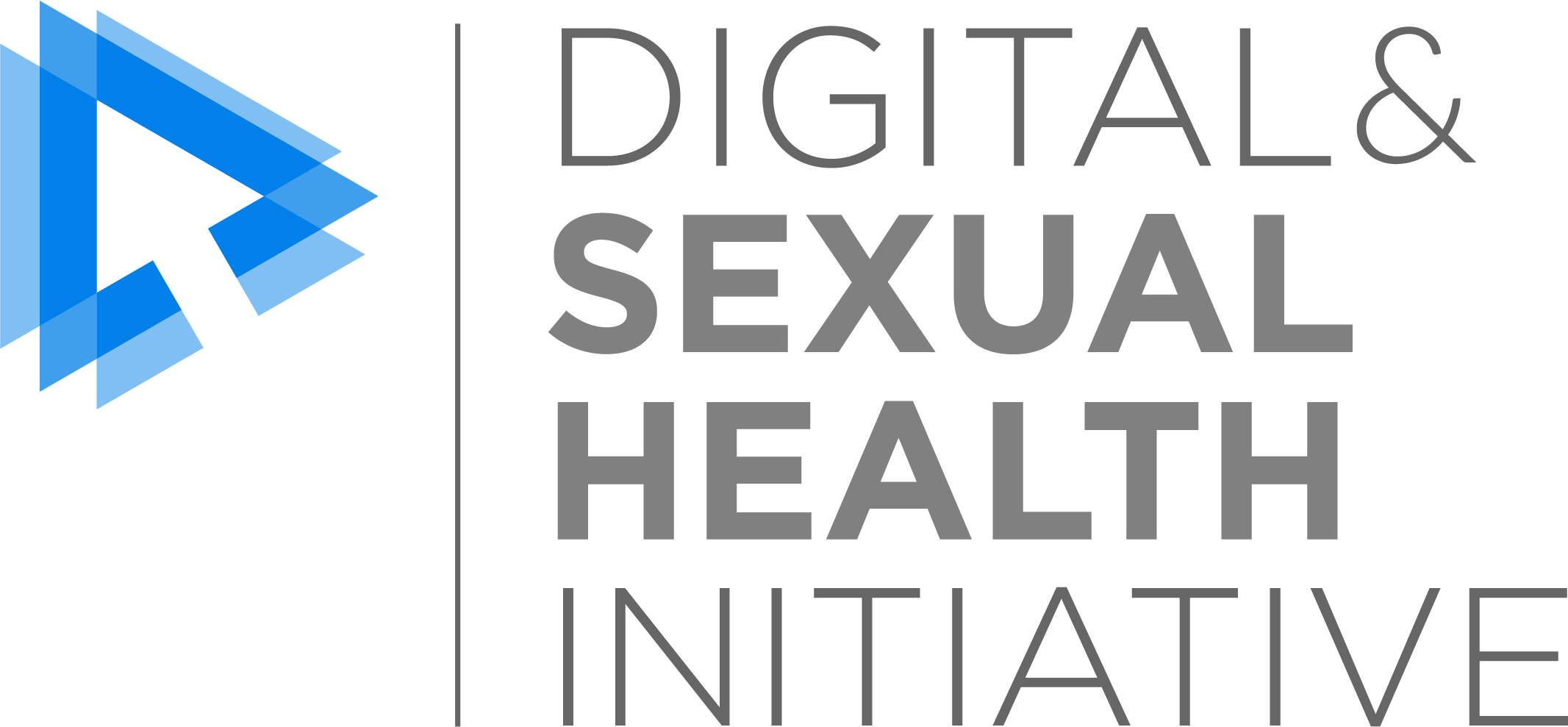Advocating for population health: The role of public health practitioners in the age of artificial intelligence
Research theme(s)
Digital Health
Canadian Journal of Public Health. 2024. DOI: 10.17269/s41997-024-00881-x
Abstract
Over the past decade, artificial intelligence (AI) has begun to transform Canadian organizations, driven by the promise of improved efficiency, better decision-making, and enhanced client experience. While AI holds great opportunities, there are also near-term impacts on the determinants of health and population health equity that are already emerging. If adoption is unregulated, there is a substantial risk that health inequities could be exacerbated through intended or unintended biases embedded in AI systems. New economic opportunities could be disproportionately leveraged by already privileged workers and owners of AI systems, reinforcing prevailing power dynamics. AI could also detrimentally affect population well-being by replacing human interactions rather than fostering social connectedness. Furthermore, AI-powered health misinformation could undermine effective public health communication. To respond to these challenges, public health must assess and report on the health equity impacts of AI, inform implementation to reduce health inequities, and facilitate intersectoral partnerships to foster development of policies and regulatory frameworks to mitigate risks. This commentary highlights AI’s near-term risks for population health to inform a public health response.
